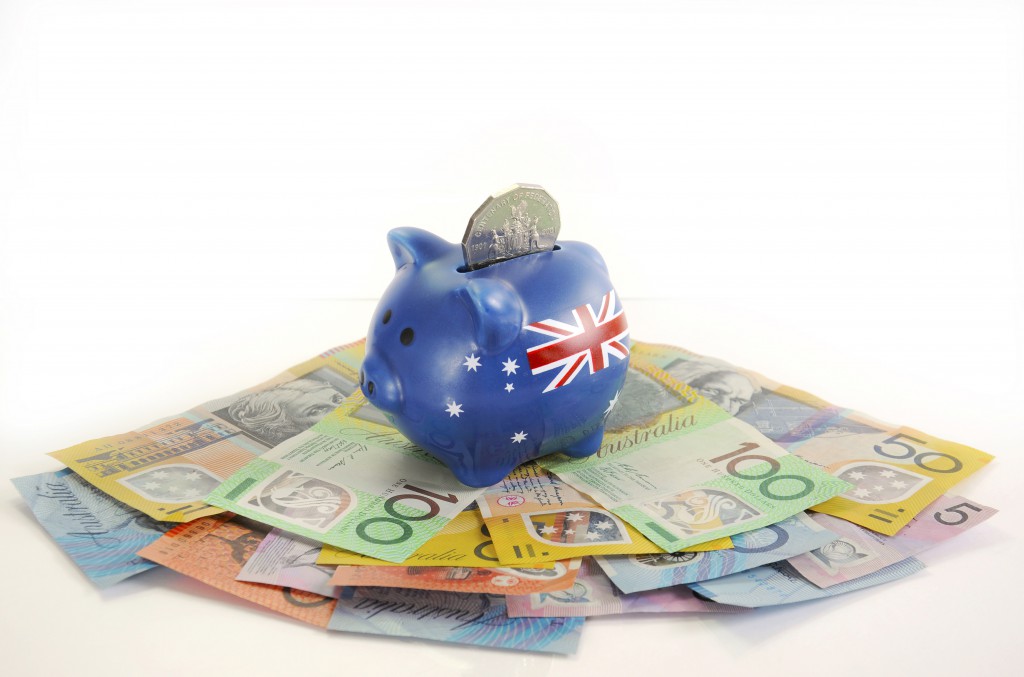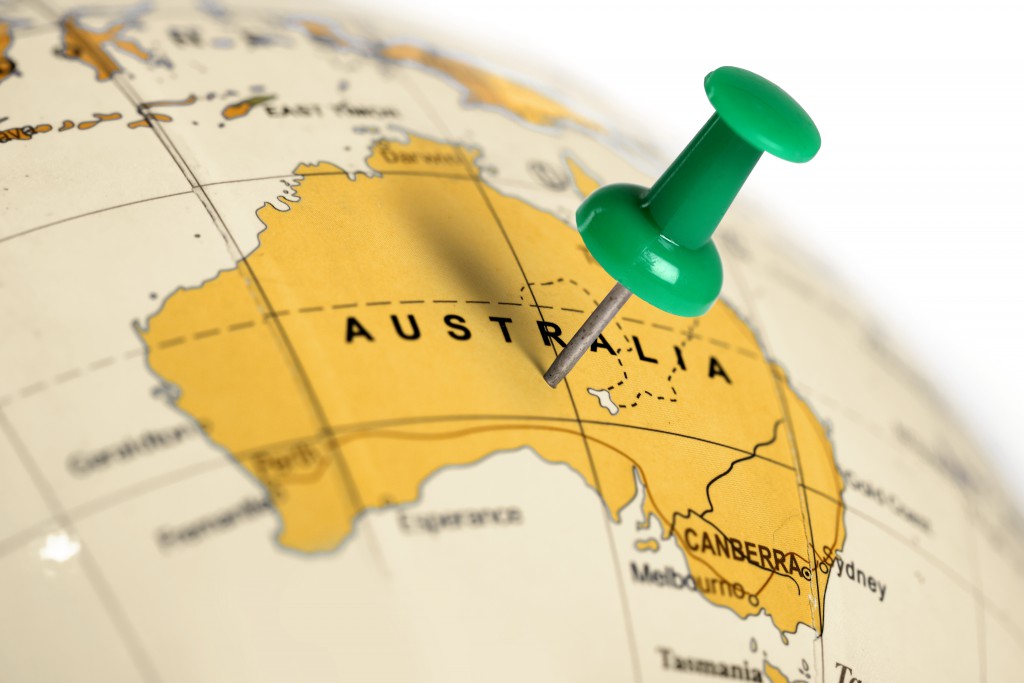Ever fancied an adventure? To experience a new culture, or just a time out from hectic work? A Working Holiday visa in Australia is just the ticket.
In 2012 I had a crack at it; I packed my bags and boarded a plane to Melbourne. What was I thinking? Well for four years, I was making little career progress in the UK. I was stuck in a rut, not to mention tired of London’s madness. Australia had been on my radar for a while. My cousins migrated there as well as a few friends- all of whom loved it. The economy was strong, wages were high and lifestyle ideal- everything the UK was not. It took quite a bit of research and prep beforehand, but it made the transition that little bit easier.
In the end it didn’t quite pan out the way I thought it would, but that doesn’t mean it was a waste of time. I’ve made some lifelong new friends, explored a beautiful continent and broadened my horizons.
Tempted? Before you take the plunge, my two-part nifty guide has everything you need to know before you go Down Under.
What is a Working Holiday visa?
A Working Holiday (visa subclass 417) is like a tourist visa but it allows you to work. It is valid for a year’s stay and can be extended upon meeting certain conditions. The main point is to earn money to fund your travels. There are restrictions: you can only apply for it outside of Australia and can work at any one place for 6 months max. There are ways around it, but that depends on what you want from your stay.
If you’ve got your eye on a home in Oz, a Working Holiday visa is the fastest way. Australian immigration policy is tough. They will only grant permanent residency from the off if your skills are in demand. Doctors, Miners, Teachers hey even hairdressers get a look in. Media not so much. I attended an Expo in London to look at my options. While I satisfied key parts of the criteria (English competency, work experience, and education), my background in Communications and Journalism held little currency. So the rep said to apply for a Working Holiday Visa. It meant that I could job hunt while in Australia (as opposed to contending as an overseas applicant, which yields little success) and also get a feel for a country that could potentially be my new home.
Who is it for?

The visa is for 18-30 year olds (you have to be 30 or under at the point of when the visa is granted). You cannot have any dependants and must possess a passport from the following regions
- Belgium
- Canada
- Republic of Cyprus
- Denmark
- Estonia
- Finland
- France
- Germany
- Hong Kong
- Republic of Ireland
- Italy
- Japan
- Republic of Korea
- Malta
- Netherlands
- Norway
- Sweden
- Taiwan
- United Kingdom.
How do you get one?
Easiest process ever. Simply log onto the Australian Immigration website (Click here) and follow the instructions. It sets you back about AUS$440 (about GBP200/USD300) and 40 minutes of your time. The trickier bit is then to decide when to go and booking that flight.
Taxing Matters

Students and young professionals take note! This is not some short-lived holiday. It’s a year away. If applicable you need to inform the Student Loans company of your travel and also the tax office. For me, though I was not working in the UK, the HMRC deemed me a UK tax domicile. Therefore any money I made abroad was subject to UK tax! I found this out upon my return and since then have had to file yearly tax returns (bane of my life). Ask your tax office if you are not sure.
Once you arrive in Australia, job numero uno is to apply for a Tax File Number (TFN). This is similar to a NI number/social security number. It’s a painless process online via the Australia Taxation Office (ATO). With this number you can then start earning. You also need it when filing a tax return in Australia. Yes you have to do this at the end of your stay. Keep all of your tax documents on file to fill it out, including any interest earned from ISAs. The Australian tax year runs from July to June so make sure you fill it in before then. It’s just as painstaking as it is in the UK so prepare yourself for countless conversations with the ATO. Don’t worry; working holiday makers are common cases for tax issues so they will guide you through it if needed.
While we’re talking about finance…

In 2012 interest rates in Australia were inordinately better than in the UK. At the moment it’s about 2%, but regardless it’s worth opening up an account while there to make your money grow. Better to change your money in the UK and take it to Australia (make sure you stay within the limit you’re allowed to bring into Australia) and open up an account- same process as every where; you need an address, contact details etc. Top banks are: Commonwealth, ANZ, Westpac and HSBC. At the end of your working holiday, talk to your chosen bank as sometimes it’s more lucrative to keep part of your money in Australia to profit from the interest rates. If you choose to do so it will be considered part of your global income and must be declared on future tax returns back home in your native country.
Finally: Using ATMs; you get charged when withdrawing money from other banks. For that reason, Commonwealth customers are better off as they have more branches. However, ANZ savings accounts perform better so have a think about your financial needs!
Other things to consider:
1) Cancelling your mobile phone contracts
I cancelled my UK mobile and got a pay-as-you-go deal via Australian network Optus. It’s the cheapest but if you can stretch the cost opt for Vodaphone or Telstra!
2) Get all of your health check-ups in UK.
Australian healthcare is a hybrid of UK and US systems so not everything is free, even GP appointments. If you’re only going for a year, get any eye tests, dentist work and heath check-ups done beforehand to reduce cost. Once in Australia you need to apply for a Medicare card to obtain subsidised services. You can also take out private health insurance (if you plan to get into fights with crocodiles and kangaroos).
3) Finding work:
Bar work is a very popular way to earn cash for working holiday makers in Australia. Any hostel will have listings and so long as you have a decent grasp of hospitality, landing some shift work in a trendy bar shouldn’t be too much of a challenge. To do bar work you need to get an RSA license (Responsible Service of Alcohol ). Courses are cheap and widely available. It’s a great way to meet other young people and socialise.

If you’re angling for an office job, a bit more prep beforehand helps. Take an up to date version of your CV, references included, along with a portfolio (if applicable). Research ideal companies while in England so you have leads. The other route is to register at local temp agencies, which proved the most lucrative for me. I joined three big ones: Slade Group, Hudson Global and Inter Staffing. All located in Central Melbourne (with branches in all major cities), they helped me build up work experience. Then a few months in, I scored a 6-month contract at realestate.com.au- an ASX listed company that specialises in marketing real estate online. I was stationed in HR as an admin assistant and sure while not the hot shot journalist position I had in mind, the pay was so good that I could move out into a cool suburb only 20 mins from the city centre and earn money for travelling.
Remember your visa allows you to work at any one place for a maximum of six months (although this isn’t really monitored so it can be a tad more). Also wages are much higher, so research rates (AUS$ 23-25 per hour is a reasonable ball park)
So the basic stuff is covered. But what will really shape your time Down Under, is basing yourself in the right place and getting a lay of the vast land that is Australia. To find out which city might suit you best and some info on good travel experiences turn to Part 2!






No Comments